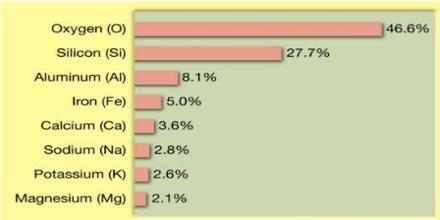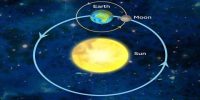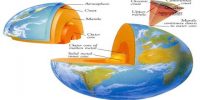Minerals in Formation of Earth
Minerals are the materials that make up the rocks of the Earth’s crust. Some portion of this is formed by organic substances. Moreover, there are also inorganic substances. Sometime there are more than one stuff remain mixed with the inorganic substances. Sometime an inorganic substance does not remain in mixed condition but stay separated. These types of inorganic substances are called minerals. There are over 3000 minerals known. Some are rare and precious such as gold and diamond.
Another characteristic of minerals is, these are not made by the humans, and it is produced by nature. Limestone is a mineral, which is actually a substance called calcium-carbonate. Limestone is used as a raw material for manufacturing cement. Usually, minerals are available more in the lower portion of the soil. Sometime they remain mixed with the soil in the upper portion. Many essential minerals are available in nature. The rods used to construct buildings are made from iron. Cars, buses, launches, all of these are made of iron. Tube-wells, plough share, nails, machinery, etc. are also made of iron. Iron is found in the soil as minerals. Some cooking pots and spoons are made from aluminum. Aluminum is also found in the soil as a mineral like iron.

Copper, silver, gold and zinc – all these essential and costly substances are also available in the soil as minerals. However, these minerals are not abound in Bangladesh. Although coal, petroleum or natural gases are found underground, they are not called minerals. Because they are produced from animal body and they are not inorganic. Big trees lying under pressure beneath the earth for a long time have converted to coal, petroleum and natural gases. They are produced from the fossilized remains of living beings and dug out of the earth later. So they are called fossil fuels.
In many places of our world natural gas and coal is available under the earth’s surface. Petroleum is available in many countries of the world. Natural gas, coal and petroleum are useful forms of fuel. The heat produced by burning these fuels is used to run mills and factories, public transports and to produces electricity. Cooking is done with these fuels. Many necessary things can also be produced from these. For example, urea fertilizer is produced from natural gases and polythin is produced from petroleum.















